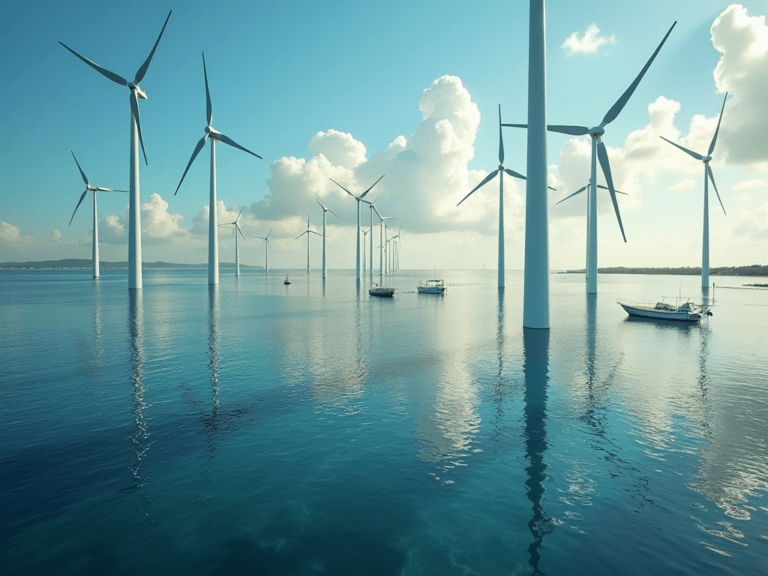The Rise of Alternative Fuels: A Milestone in the Energy Transition
The year 2024 is predicted to be a significant milestone in the global effort to reduce energy-related emissions, with costs of solar energy and battery storage driving a shift away from fossil fuels.

Solar panels with battery storage system in 2024
The Role of Solar and Batteries in Decarbonization
Costs of solar installations have dropped dramatically, making solar energy more competitive than coal. Battery costs have also decreased, enabling the 24-hour delivery of solar power and the adoption of electric vehicles.
Alternative Fuels: A Key Component in Decarbonization
Alternative fuels like biofuels, biogas, and eFuels are crucial in decarbonizing various sectors, especially in transportation, offering substitutes for carbon-intensive energy sources.
Methanol as a Promising Alternative Fuel
Methanol, produced from various feedstocks, can significantly reduce emissions and other pollutants, highlighting its potential as a low-carbon fuel.
Government Incentives and Programs for Alternative Fuels
Governments worldwide are implementing programs and incentives to support the adoption of alternative fuels, such as tax credits and grants.
Challenges and Opportunities in Hard-to-Electrify Sectors
Technologies like hydrogen and carbon capture and storage are scaling slowly, but a global carbon price could accelerate their uptake. Wind energy remains a key driver of the transition.
The Impact of Artificial Intelligence on the Energy Transition
Artificial intelligence is forecasted to enhance efficiency and optimize energy distribution, supporting the integration of renewable energy sources into the grid.
Global Market Outlook for Alternative Fuels
The global alternative fuels market is expected to experience strong growth, particularly in biofuels, biogas, and eFuels, with significant opportunities in the transportation sector.
Overall, the transition to alternative fuels is a critical step towards achieving global decarbonization goals, requiring continued innovation, policy support, and investment to overcome challenges in hard-to-electrify sectors.
SOURCE-Finboot


